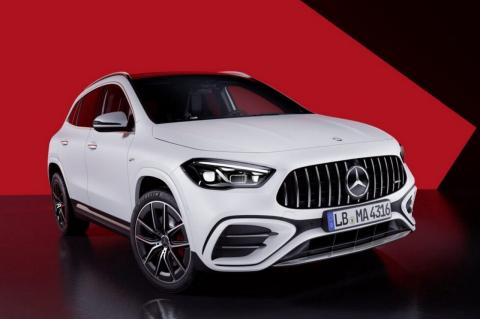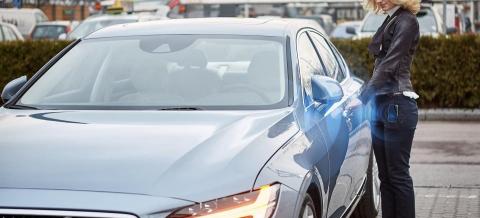Renault and Arbus sign a research and development agreement to enhance cross-cutting and synergies to meet the electrification needs of both companies.
Renault and Airbus have signed a research and development agreement to develop new technologies leading to the manufacture of batteries for electric cars and airplanes, with the aim of promoting electrification in both sectors.
Airbus and Renault Group engineering teams will join forces to develop technologies related to energy storage, which remains one of the main obstacles to the autonomy of electric vehicles
As explained by both groups in a statement, the agreement between the French brand and the aeronautical company aims to “study the best options to double the energy density of batteries by 2030, going from current chemical cells (lithium ions advanced) to all-solid-state designs.
Currently, the energy density of batteries limits the range of electric cars currently on the market and is insufficient to provide a viable power source for aviation.
Added to this is the weight of the batteries needed to power a commercial aircraft, which would exceed the aircraft’s maximum takeoff weight.
Solid-state batteries, the Renault and Airbus solution
The solution may lie in solid-state batteries which, in addition to providing greater energy density, are much lighter, something key for the aeronautical sector, as they do not need a protective casing against the risk of combustion, as is the case in lithium ion batteries.
As for the automotive sector, solid-state batteries will allow electric cars much greater ranges of autonomy with a single charge. For their part, in aviation, they will facilitate the development of hybrid-electric aircraft in which they would provide additional power to the engines during certain phases of the flight, such as takeoff.
“For the first time, two European leaders from different industry sectors are sharing their technical knowledge to shape the future of hybrid-electric aircraft,” said Gilles Borgne, director of engineering at Renault. Aviation is an extremely demanding field in terms of safety and energy consumption, just like the automotive industry.”
And he added that “our engineering teams and those of Airbus work together to converge cross-cutting technologies that will allow hybrid aircraft to be operated and the vehicles of the future to be developed.”
Zero emissions by 2025
On the other hand, both groups reported that they are also studying new battery production and recycling methods with the aim of “preparing the industrialization of these future battery models, while evaluating their carbon footprint throughout their entire cycle.” of life”.
The cooperation between Airbus and Renault Group on electrification will play an important role in bringing about a change in the transport landscape, successfully contributing to the ambition of net-zero emissions by 2050, both in the automotive and aviation sectors. .











